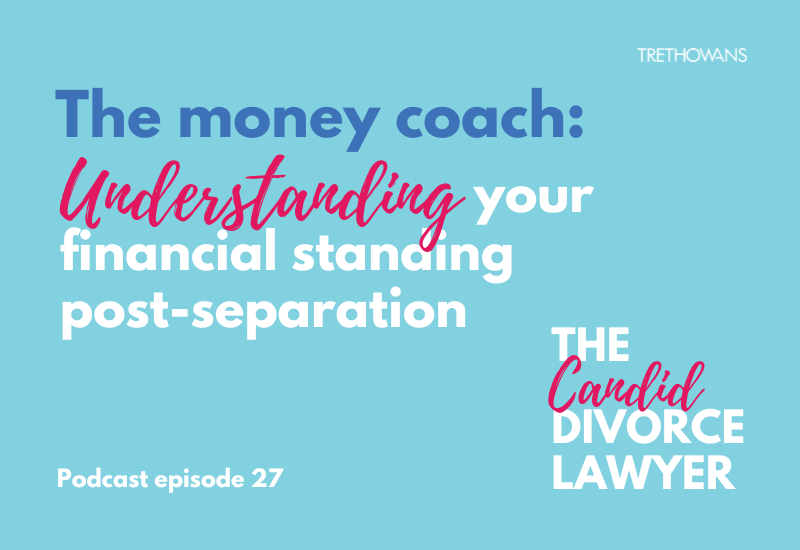- 07 Jan 2021
- •
- 2 min read
Why you should always consider a financial consent order or a clean break order

There is a common misconception that when the Court grants decree absolute, the final decree of divorce, any ties between the parties, financial or otherwise, are cleanly cut.
Unfortunately, this is not the case until a financial order is made severing the ties between you. You and your spouse may leave yourselves open to claims from one another in the future.
Since April 2018, it has been possible to petition for divorce using the online portal. It has always been possible to petition for divorce without instructing a solicitor, but we anticipate an increasing number will do so now it is online. It is, therefore, all the more important that you seek legal advice on your financial position before applying for decree absolute. Without the benefit of legal advice, your financial position may end up unprotected in the future.
Unfortunately, we are regularly instructed by clients who thought financial ties ended once they were divorced, only to discover later that the former spouse is now applying for a share of the pension or a capital lump sum.
You may find that you are able to reach an agreement in respect of the finances between you and you may feel that legal advice is therefore not necessary. However, it is important to be aware that any agreement between you in respect of the finances will not be legally binding unless it has been drawn up into an order which has been approved by the Court. Many people wrongly believe that their verbal or written agreement is legally binding and it is often only once a claim is made that parties discover that they are not protected.
A consent or clean break order can provide you peace of mind and allow you to move on with your life with certainty.
Please contact one of our Trethowans’ Family team today on 0800 2800 421 or contact us here.





